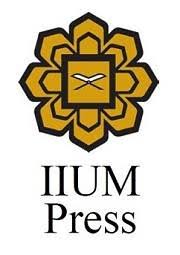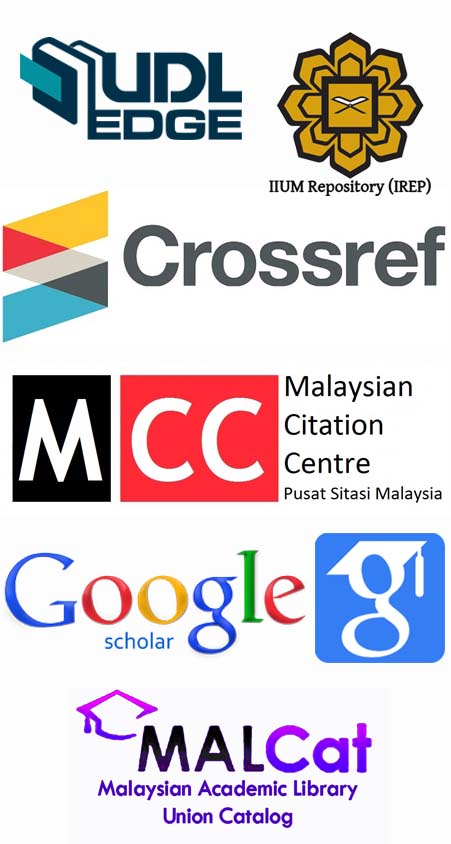Women's Empowerment and Participation in Islamic Financial Planning Diversity, Equity and Inclusion: Evidence from Maqasid al-Shari`ah
DOI:
https://doi.org/10.31436/alburhn.v7i2.308Keywords:
Women Empowerment, Maqasid al-Shari’ah, Financial Planning, Equity and InclusionAbstract
The study places a strong emphasis on women’s empowerment, given the quick changes in society that are occurring right now. Many women are pursuing various sorts of employment, including self-employment, in this era of economic liberalization and women's empowerment. However, this study aims to investigate the connection between Islam and women's empowerment by examining Maqasid al-Shari'ah perspectives on this matter. To have a thorough understanding of Islam and women's empowerment, it is imperative to consider the role played by women in the financial sector and their contribution to economic progress. Using an experiment, this study examined the relationship between confidence, gender, and race in dealing with a financial planner among various groups and races with colour and creed. The study's implications are significant for comprehending the obstacles and chances that under-represented groups encounter in pursuing financial planning success. The alignment of industry measures to raise the proportion of women and persons from varied backgrounds in the financial services sector led to the focus of this study on women and diversity. This essay examines the primary factors influencing diversity and the place of women in various financial management, CSR, and external corporate governance roles. This research also focuses on women's leadership and social diversity, focusing on female managers committed to fostering and maintaining equity and diversity inside their organizations. This study demonstrates how women plan financially for retirement based on psychological concepts and sociodemographic variables, highlighting the importance of financial management and planning for women. It showed a strong correlation between the investor's choice of investments and the strong relationship between the women's decision-making processes on the mental and financial levels. To assess the core idea of Maqasid al-Shari’ah from primary and secondary Islamic knowledge sources, which serves as a model for women's empowerment, and to pinpoint the obstacles to women's empowerment and participation in Islamic financial planning in terms of diversity, equity, and inclusion, this study employs the qualitative method.
Downloads
References
Al-Qur’an
Abdel-Tawab, Khaled, and Muhammad Salama. (2021). "WOMEN’S EMPOWERMENT-AN ISLAMIC PERSPECTIVE." Journal of Integrated Sciences 1, no. 4 (2021). P-28
Agustina, Arifah Millati. "The Development of Maqasid Al Shari’a on The Role of Women in Environmental Conservation." Musãwa Jurnal Studi Gender dan Islam 22, no. 1: 14-23.
Ali, Muhammad Mumtaz. (2016) "The empowerment of women: Islamic and Western perspectives." International Journal of Islamic Thoughts 5, no. 1 (2016). P-37
Bisco, Jill M., Suzanne Gradisher, and Barry S. Mulholland. (2018). "Women and diversity: Why the conversation must continue in financial services." Available at SSRN 3229284.
Holst, Elke, and Anja Kirsch. (2014. "Financial sector: Share of women in top decision-making bodies remains low." DIW Economic Bulletin 5, no. 4 (2014): 49-58. P-58
Hunt, Abigail, and Emma Samman. (2016). "Women’s economic empowerment." Navigating Enablers and constraints, Overseas Development Institute.
Ibtasam, Samia, Lubna Razaq, Haider W. Anwar, Hamid Mehmood, Kushal Shah, Jennifer Webster, Neha Kumar, and Richard Anderson. (2018). "Knowledge, access, and decision-making: Women's financial inclusion in Pakistan." In Proceedings of the 1st ACM SIGCAS Conference on Computing and Sustainable Societies, pp. 1-12. 2018.
Kasdi, Abdurrohman. (2019). "Actualizations of Maqāşid Al-Shariah in modern life; Maqāşid Al-Shariah theory as a method of the development of Islamic laws and Shariah economics." Justicia Islamica: Jurnal Kajian Hukum dan Sosial 16, no. 2 (2019): 247-268.
Korczok, Joanna. (2019). "Enhancing Gender Diversity in Financial Services Sector." Acta Universitatis Nicolai Copernici. Zarządzanie 46, no. 3 (2019): 7-18.
Lagaras, Spyridon, Maria‐Teresa Marchica, Elena Simintzi, and Margarita Tsoutsoura. (2022). "Women in the financial sector." Available at SSRN 4098229 (2022). P-5
Minyu, Zheng, Normaziah Mohd Nor, Abu Naser Mohammad Saif, KM Anwarul Islam, and Md Fakhrudoza Bari. "Women in Fintech: uncovering the snags through systematic assessment and bibliometric investigation."
Niswah, Irma Durrotun. (2022). "Women empowerment and the Islamic perspective: a review." Journal of Islamic Econonomic Literatures.
Nisthar, S., A. M. M. Mustafa, and A. M. M. Nufile. (2017). "An analysis of socio-economic empowerment of women in the light of Islamic perspectives."
Pant, Kamal, and B. Srivastava. (2021). "Gender Diversity in Factors Influencing Investment Decisions towards Less-Risky Instruments." Indian Journal of Economics and Business 20, no. 2 (2021).
Sharma, Puspa Raj. (2007). "Micro-finance and women empowerment." Journal of Nepalese Business Studies 4, no. 1 (2007):16-27. P-5.
Samier, Eugenie, and Eman ElKaleh. (2021) "Towards a model of Muslim Women’s management empowerment: Philosophical and historical evidence and critical approaches." Administrative Sciences 11, no. 2 (2021): 47.
Thomas, Ebony Elizabeth, D. Brochu, and C. Vadeboncoeur. 2021). "Diversity." Keywords for Children’s Literature. 64-67.
Downloads
Published
How to Cite
Issue
Section
License
In general, reusing or reproducing substantial portions of al-Burhān content requires permission. This includes the use of text, figures, tables, multimedia content, and any other material published in any issues of al-Burhān Journal of Qur'an and Sunnah Studies. For some instances, al-Burhān may make its content freely viewable; however, such material may require permission for reuse. To seek permission, please contact the editorial.









